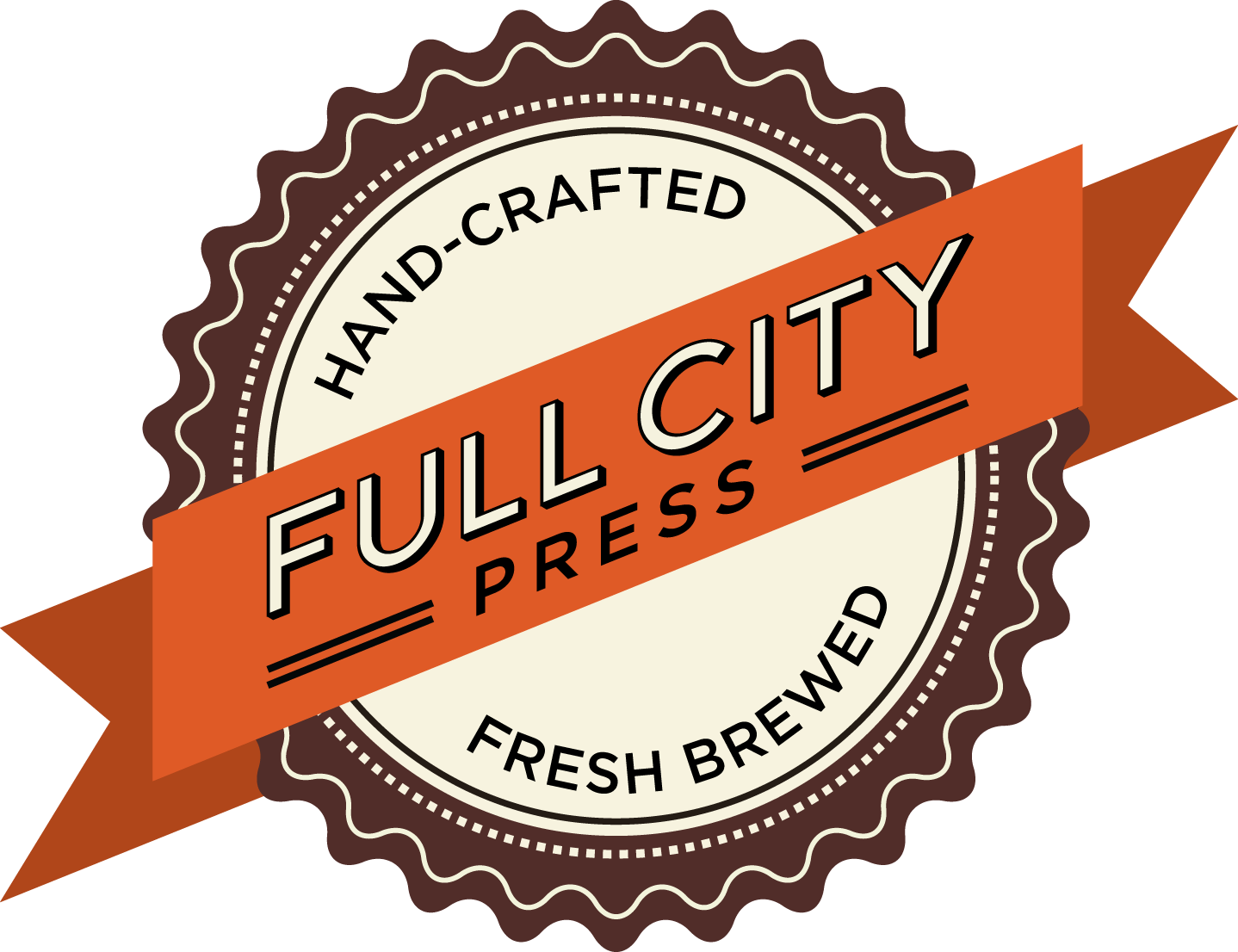¶ The Serious Writer's Syntax
/Just over a year ago, I decided to do a little experiment with the way I write. Not so much the style or voice of my writing — which is being continuously developed — but rather with the process.
Up until last September, I relied upon the WYSIWYG editor of whichever platform I was using. I had a fair understanding of HTML basics, but HTML is a bit messy to deal with when composing a written work. It can really derail a train of thought. Often, I would write out an article then go back and add links and such, but with a lengthy article, even that could be burdensome, trying to remember the exact phrases I wanted to have as a link.
Never mind the markup that WYSIWYG editors produce is fairly horrendous.
I switched to Markdown. Markdown is a simple markup language that converts plain text to valid HTML. It’s clean, easy to learn, easy to use, and — best of all — makes sense on its own if you were to print out a written work marked up with Markdown and hand it to someone to read.
Another advantage of Markdown is that it is just text. I store everything I write in Markdown as a simple .txt file. Plain text is probably the closest thing we have to an eternal and universal file format. Any computer has the capability to read plain text, and it is likely to always be supported.
The only tool you need to write in Markdown is a text editor, which every computer has. On the Mac there is TextEdit, Notepad on Windows, and heck, you could even use Notes on your iOS device. This are all very serviceable tools. However, there are other tools that can greatly enhance the Markdown experience. On the Mac I use the wonderful Byword, and on iOS I use Elements.
If you need more convincing, check out Brett Terpstra’s Two-Minute Explanation of why Markdown is amazing.
Markdown is an indispensable tool for the modern writer. Whether you write for print or the web, for fun or your profession, an article, blog post, or a book — Markdown simply gets out of your way and lets you write.
If you are a serious writer, I can’t see why you’d want to use anything except Markdown.
